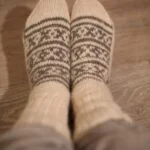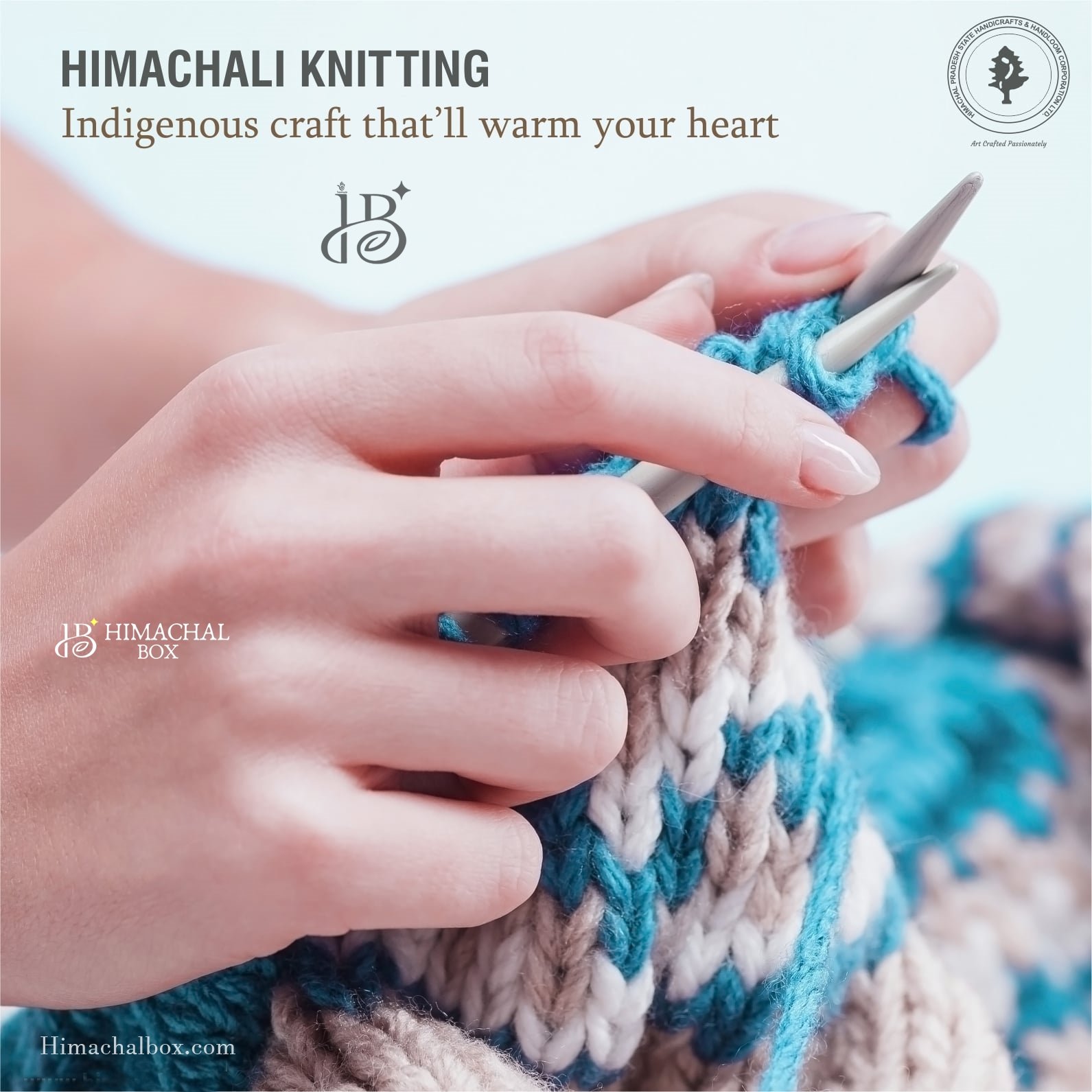Hand knitting is a timeless craft that transforms simple yarn into beautiful, functional textiles. Beyond its aesthetic appeal, knitting offers numerous benefits, from enhancing mental well-being to fostering community connections. This blog delves into the techniques, features, and contemporary trends of hand knitting, providing a comprehensive guide for enthusiasts and newcomers alike.
Essential Knitting Techniques
Understanding fundamental knitting techniques is crucial for any knitter. Here are some key methods:
Continental Knitting: In this style, the yarn is held in the left hand, allowing for efficient “picking” motions. It’s favored for its speed and minimal hand movement.
Twined Knitting: Originating from Scandinavia, this technique uses two yarn strands twisted in the same direction, producing a dense and durable fabric ideal for cold climates.
Entrelac: This method creates a textured, basket-weave pattern through interconnected squares, often enhanced with variegated yarns for colorful effects.
Short Rows: By knitting only part of a row before turning, short rows add shape to garments, perfect for features like sock heels or bust darts.
Features and Benefits of Hand Knitting
Hand knitting offers a range of advantages:
Creativity and Self-Expression: Knitting allows for personalization through choices in yarn, color, and patterns, enabling unique creations.
Stress Relief and Mindfulness: The repetitive motions of knitting can reduce stress and anxiety, promoting relaxation and mental clarity.
Improved Dexterity: Regular knitting enhances fine motor skills and hand-eye coordination, beneficial for individuals of all ages.
Social Connection: Knitting groups and communities provide opportunities for social interaction, shared learning, and collective creativity.
Modern Trends in Hand Knitting
The knitting world continues to evolve with new trends:
Sustainability: There’s a growing emphasis on eco-friendly practices, with knitters opting for organic, recycled, or biodegradable yarns.
Technological Integration: Digital patterns, online tutorials, and knitting apps have made learning and sharing knitting techniques more accessible.
Artistic Expression: Contemporary artists are pushing the boundaries of knitting, creating large-scale installations and integrating knitting into modern art.
Getting Started with Hand Knitting
For beginners eager to embark on their knitting journey:
Start Simple: Begin with basic projects like scarves or dishcloths to build confidence and understand fundamental stitches.
Gather Essential Tools: Invest in quality yarn, appropriate needles, and accessories like stitch markers and measuring tapes.
Utilize Online Resources: Platforms like Ravelry offer patterns, forums, and support for knitters at all levels.
Conclusion
Hand knitting is more than a craft; it’s a blend of tradition, creativity, and community. Whether you’re seeking a therapeutic hobby, a means of artistic expression, or a way to connect with others, knitting offers a fulfilling and enriching experience. Embrace the yarn, pick up your needles, and start your knitting adventure today.













You must be logged in to post a comment.